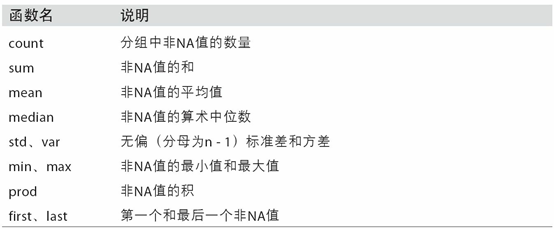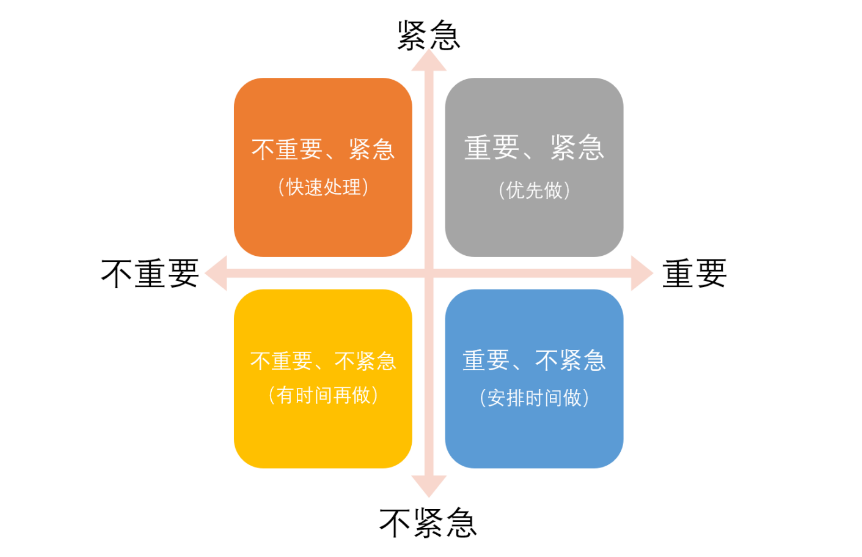问题:
解答:
#include <iostream>
using namespace std;
template <typename T>
T maxn(T arr[], int len)//通用
{
T max = 0;
for (int i = 0; i < len; i++)
{
if (max < arr[i])
{
max = arr[i];
}
}
return max;
}
template<>
const char* maxn<const char*>(const char* c[], int len)
{
const char* p = c[0];
int size = strlen(p);
for (int i = 1; i < len; i++)
{
if (size < strlen(c[i]))
{
p = c[i];
}
}
return p;
}
int main()
{
int max = 0;
double max1 = 0.0;
int a1[6] = { 1,2,3,4,5,6 };
double d1[4] = { 1.1,2.2,3.3,4.4 };
max = maxn(a1, 6);
max1 = maxn(d1, 4);
cout << "int中最大的数为:" << max <<endl;
cout << "double中最大的数为:" << max1 << endl;
const char* p[5] = { "1","12","123","1234","12345" };
const char* c= maxn(p, 5);
cout << "字符数组中最长的字符为:" << c << endl;
return 0;
}
运行结果:

考查点:
- 模版函数
- 模版函数具体化
注意:
- 模版函数具体化会被优先调用
- 可以自定义一些通用模版函数做不到的.

2024年9月1日21:54:55




















![【c++】cout打印char * 或者char[]的细节详解](https://i-blog.csdnimg.cn/direct/6b9580d7dbd74bf6963356efa5b4ad29.png)